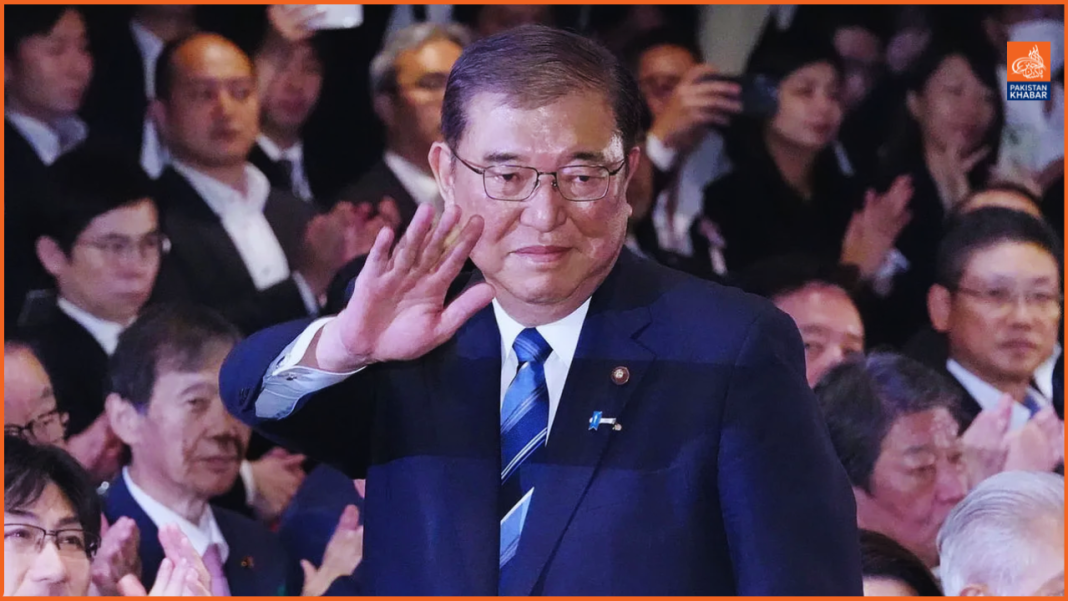In his inaugural policy speech on Friday, Japan’s new Prime Minister Shigeru Ishiba raised alarms about the geopolitical landscape, asserting that “today’s Ukraine could become tomorrow’s East Asia.” This statement highlights the increasing anxiety surrounding regional stability amid ongoing global tensions. Ishiba emphasized the failure of deterrence in Ukraine and questioned why such a scenario couldn’t unfold in East Asia.
During his address to the Japanese parliament, he remarked that the combination of the situation in Ukraine and escalating issues in the Middle East has led to a divided international community, intensifying confrontational dynamics. While he did not specifically mention China, Ishiba acknowledged that Japan’s relations with Beijing have become increasingly strained due to China’s military assertiveness in disputed territories, particularly concerning Taiwan. The island, viewed by Beijing as part of its territory, is at the heart of growing tensions, as China has not ruled out the use of force to assert its claims.
Ishiba’s administration is pushing for a significant increase in Japan’s defense spending and strengthening security alliances with the United States and regional allies such as the Philippines and South Korea. This shift comes in light of notable incidents, including a Chinese military aircraft’s incursion into Japanese airspace and Japan’s recent naval operations through the Taiwan Strait.
Alongside these geopolitical concerns, Ishiba highlighted Japan’s pressing demographic challenges. The nation is facing a demographic crisis characterized by an aging population and a persistently low birth rate, which the World Bank reports is among the lowest in the world. With a birth rate of just 1.2 last year, significantly below the 2.1 threshold needed to maintain population levels, Ishiba referred to this issue as a “quiet emergency.” He pledged to implement government initiatives to support families, advocating for flexible work arrangements to address this demographic decline.
In addition to addressing demographic challenges, Ishiba also focused on economic reforms, particularly regarding the national minimum wage. He proposed increasing the average minimum wage to 1,500 yen ($10.20) per hour over the next decade, marking a nearly 43% rise from the current rate. This initiative aims to alleviate financial pressures on households amid rising inflation, a concern that plagued his predecessor, former Prime Minister Kishida.
Finally, Ishiba touched upon the critical issue of royal succession in Japan, where the male-only succession laws pose a significant threat to the imperial family’s continuity. With only one eligible male heir, the future of the imperial family is at stake. Lawmakers have begun discussions about potentially relaxing these succession rules, reflecting a growing public sentiment for female succession, with a recent poll indicating 90% support for the initiative.
Overall, Ishiba’s policy speech paints a comprehensive picture of the challenges facing Japan, from geopolitical tensions to demographic decline and economic reform, signaling a determined approach to navigate the complexities of both domestic and international landscapes.




